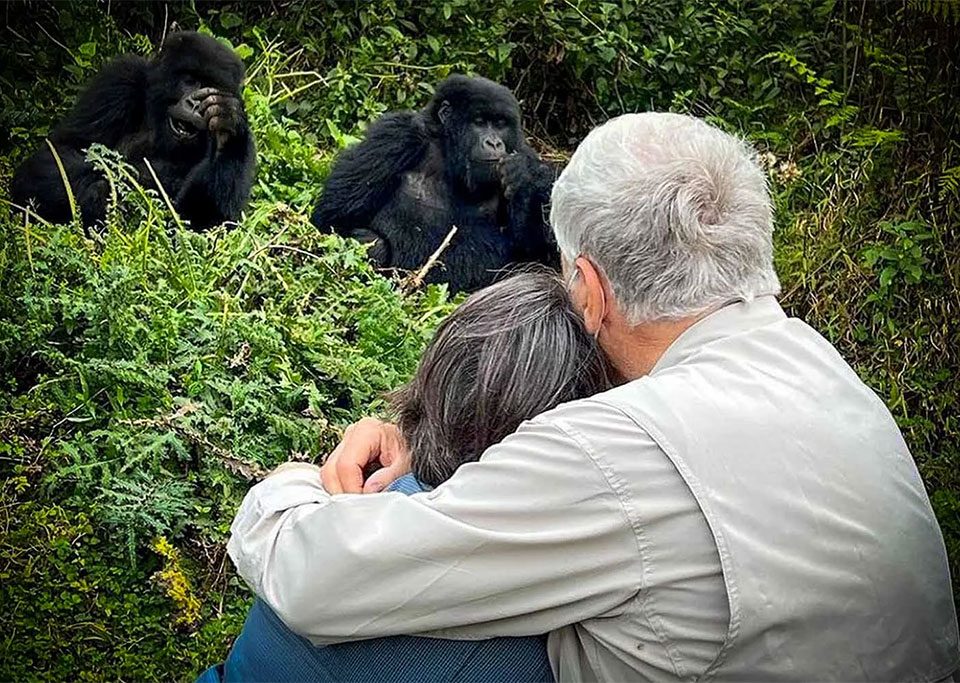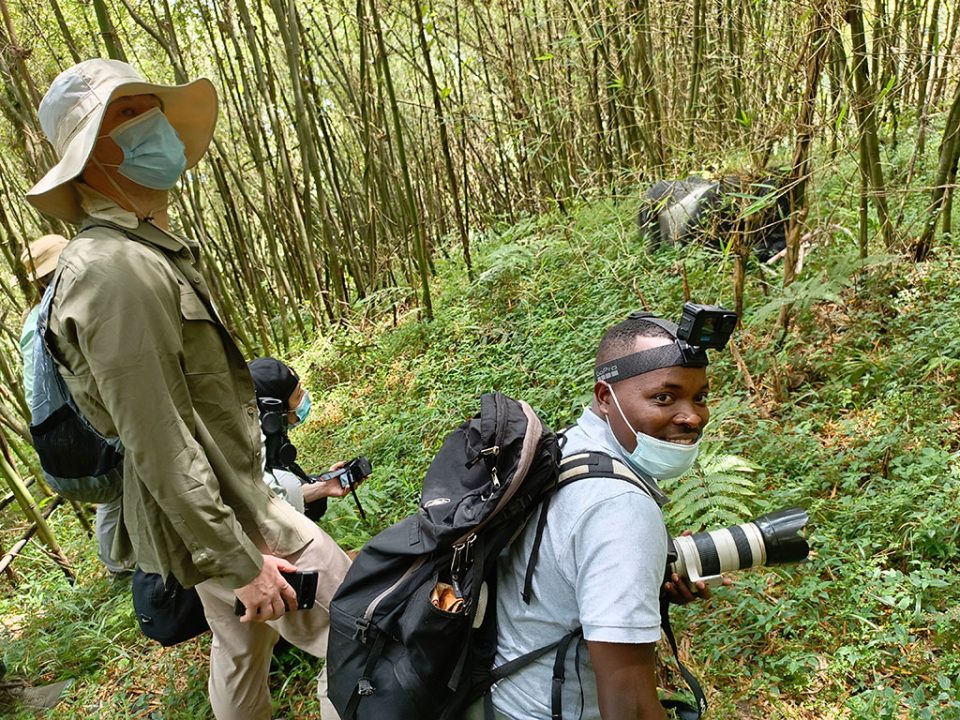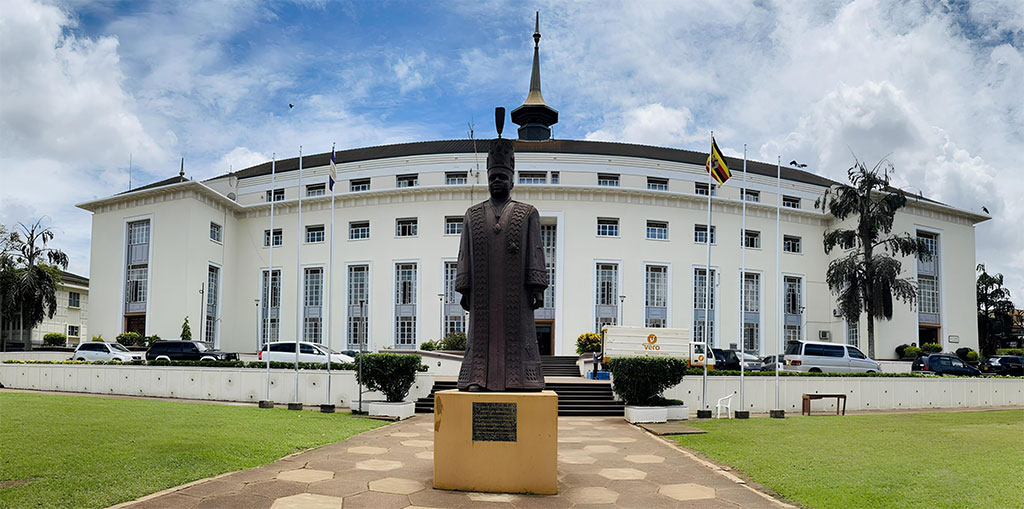- EXPERT'S HELP
- +256789210067
- +256200955001
- info@kenlinktours.com
Buganda Kingdom
Buganda Kingdom. The Buganda Kingdom stands as one of the most powerful and historically rich monarchies in East Africa. Situated in the central region of Uganda, Buganda has played a defining role in shaping the cultural, political, and economic fabric of the nation. Its traditions, leadership, and deeply rooted cultural systems have not only influenced Ugandan society but have also drawn admiration from scholars and visitors across the world. The Kingdom’s resilience, organization, and adaptability have enabled it to thrive from the pre-colonial era through modern times, maintaining its cultural identity amidst social and political transformations.
Geographical Location and Demography
Buganda occupies the central region of Uganda, covering several districts including Kampala (the capital city of Uganda), Wakiso, Mpigi, Masaka, Mukono, Luwero, Kalangala, and others. It is bordered by Lake Victoria to the south, providing the kingdom with a wealth of natural resources and a strategic position for trade and transportation. The Baganda people, the citizens of Buganda, are the largest ethnic group in Uganda, making up approximately 17% of the country’s total population.
The fertile soils and favorable climate have allowed the kingdom to sustain agriculture as its main economic activity for centuries. Banana plantations (matooke), coffee, and other crops dominate the landscape, forming the backbone of Buganda’s economy and food culture.
Historical Background of Buganda
Origins and Formation
The history of Buganda dates back to the 14th century. According to oral traditions, the kingdom was founded by Kintu, the first Kabaka (king), who is regarded as the mythical ancestor of all Baganda. Kintu is said to have migrated from the northeast and established his rule in present-day Buganda. His wife, Nambi, is a central figure in Baganda mythology, symbolizing fertility, family, and womanhood.
After Kintu, the kingdom evolved under successive kings who consolidated power and expanded territory through alliances, wars, and diplomacy. The political and social systems laid down during this period became the foundation of Buganda’s strong monarchy.
Expansion and Consolidation
During the 17th and 18th centuries, Buganda grew into a centralized and organized state under kings such as Kabaka Junju, Semakookiro, and Mutesa I. Its location near Lake Victoria facilitated trade with neighboring kingdoms and Arab merchants from the coast. By the time Kabaka Mutesa I came to power in the mid-19th century, Buganda had become one of the most sophisticated African states with an efficient administrative system, standing army, and vibrant cultural identity.
The Reign of Kabaka Mutesa I and European Contact
Kabaka Mutesa I (reigned 1856–1884) played a crucial role in opening Buganda to the outside world. He welcomed explorers, missionaries, and traders from Europe and the Arab world. Mutesa’s court became a hub of diplomacy, where he skillfully balanced relationships with the British, Arabs, and other foreign visitors. It was during his reign that Buganda became the gateway through which Christianity and Islam entered Uganda. His successor, Kabaka Mwanga II, faced immense challenges as colonial influence deepened and resistance to foreign domination intensified.
Colonial Era and the Buganda Agreement
The late 19th century marked a turning point for Buganda as British colonial interests in East Africa grew stronger. The Buganda Agreement of 1900, signed between Kabaka Daudi Chwa II and the British colonial administration, formalized Buganda’s relationship with the British Protectorate. This agreement granted Buganda a degree of autonomy while incorporating it into the new colonial system.
Under the agreement, Buganda retained its traditional institutions — the Kabaka, the Lukiiko (parliament), and local chiefs — but these were now subordinate to the British colonial governor. The deal also defined land ownership in Buganda, introducing the mailo land tenure system, which granted land to chiefs and royal family members. Although this system created economic opportunities for some, it also sowed the seeds of future land disputes and social inequalities.
Buganda’s cooperation with the British made it a favored region during colonial rule. The kingdom became a center for administration, education, and commerce, leading to rapid modernization. However, tensions persisted between the traditional monarchy and the colonial authorities, particularly concerning the extent of Buganda’s autonomy.
Buganda and Uganda’s Independence
The Kabaka as a Symbol of Nationalism
As Uganda moved toward independence, Buganda played a central role in shaping the nation’s political landscape. Kabaka Mutesa II, who ascended the throne in 1939, became a symbol of unity and resistance to colonial domination. Buganda’s political elite, represented by the Lukiiko, demanded greater self-governance and respect for the kingdom’s autonomy.
The road to independence was marked by negotiations, compromises, and internal struggles. In 1962, Uganda gained independence from Britain, and Mutesa II became the country’s first ceremonial president, while Milton Obote served as prime minister. However, the alliance between the Buganda monarchy and the central government soon deteriorated.
Conflict and the 1966 Crisis
The relationship between Obote and Mutesa II soured over constitutional and political disagreements. In 1966, Obote suspended the constitution, overthrew Mutesa II, and abolished all traditional kingdoms, including Buganda. The army, under Idi Amin, attacked the Kabaka’s palace at Mengo, forcing Mutesa II into exile in the United Kingdom, where he later died in 1969.
This period marked one of the darkest chapters in Buganda’s history. The cultural and political suppression of the kingdom deeply wounded the Baganda people and disrupted the traditional governance systems that had existed for centuries.
The Restoration of the Kingdom
After years of political turmoil, Uganda underwent significant changes following the fall of Idi Amin in 1979 and the subsequent rise of Yoweri Museveni in 1986. Recognizing the cultural importance of traditional institutions, the government restored Buganda Kingdom in 1993. Kabaka Ronald Muwenda Mutebi II, the son of Mutesa II, was crowned as the 36th Kabaka of Buganda.
The restored monarchy was given a cultural role rather than a political one, meaning it would promote the traditions, language, and customs of the Baganda but not participate in partisan politics. Despite this limitation, the Kabaka remains an influential figure, respected both within Buganda and across Uganda.
Cultural Structure and Governance
The Kabaka and His Role
The Kabaka is the central figure in Buganda’s governance and cultural identity. He is considered the father of the nation and the symbol of unity for all Baganda. Traditionally, the Kabaka serves as the spiritual and political leader, presiding over important cultural ceremonies and safeguarding the customs of the kingdom.
The current Kabaka, Ronald Muwenda Mutebi II, continues to promote development initiatives, education, health, and youth empowerment through the Kabaka Foundation and various cultural programs.
The Lukiiko (Parliament)
The Lukiiko, or Buganda Parliament, serves as the advisory and legislative arm of the kingdom. It consists of representatives from all counties (amasaza) and key ministers appointed by the Kabaka. The Katikkiro, or Prime Minister, heads the day-to-day administration of the kingdom. The Lukiiko discusses matters affecting Buganda, such as cultural preservation, land issues, and community development.
The Clan System
The clan system (Ebika) is one of the most vital elements of Buganda’s social structure. There are more than 50 clans, each with unique totems, traditions, and responsibilities. Clans ensure unity, identity, and continuity within the society. Marrying within one’s clan is strictly forbidden, as members of the same clan are considered family. The clan heads, known as Abataka, play key roles in cultural ceremonies, conflict resolution, and moral guidance.
Language and Cultural Identity
The Baganda speak Luganda, one of the most widely spoken languages in Uganda. It serves as a lingua franca across the central region and is even taught in schools nationwide. Luganda is known for its rich proverbs, idioms, and expressions that reflect the wisdom and values of the Baganda people.
Buganda’s cultural identity is deeply rooted in respect, hospitality, and community. Traditional greetings, attire such as the gomesi for women and kanzu for men, and practices like okwanjula (traditional introduction ceremony before marriage) reflect the kingdom’s deep appreciation for social harmony and family values.
Economy and Development
Historically, Buganda’s economy was based on agriculture, with bananas (matooke) serving as the staple food and symbol of prosperity. Today, Buganda continues to play a key role in Uganda’s economy, particularly in trade, manufacturing, and real estate. The region hosts Kampala, Uganda’s capital, which serves as the nation’s business hub.
The Kabaka and his government have initiated several projects to improve livelihoods, including land reforms, youth empowerment programs, and support for small and medium enterprises. Buganda’s strong sense of organization and community participation continues to fuel its progress and modernization.
Cultural Festivals and Ceremonies
Buganda’s calendar is rich with traditional ceremonies that celebrate its heritage and honor its leaders. Among the most significant are:
The Kabaka’s Birthday Celebrations: Held annually in April, this event attracts thousands of people from across Uganda and beyond. It is not only a cultural occasion but also an opportunity to promote unity and development causes.
The Kabaka’s Coronation Anniversary: Celebrated every July, this marks the ascension of Kabaka Mutebi II to the throne in 1993. It is one of the grandest events in the kingdom.
The Buganda Royal Marathon: Introduced to promote health and fitness, the marathon also raises funds for health initiatives such as the fight against HIV/AIDS and Fistula.
The Clan Leaders’ Day: This event brings together leaders from different clans to discuss issues affecting the kingdom and strengthen inter-clan relations.
These celebrations not only preserve cultural pride but also attract tourism, contributing to the region’s economy.
Religion and Beliefs
Buganda’s religious history is diverse, influenced by both indigenous beliefs and external religions. Before the arrival of Christianity and Islam, the Baganda practiced traditional religion, worshiping ancestral spirits and deities such as Mukasa (the god of the lake) and Kiwanuka (the god of lightning). These deities were believed to influence natural events and human fortunes.
Today, most Baganda are either Christians (Anglican and Catholic) or Muslims, yet many still respect traditional customs, blending them harmoniously with modern faiths. Religious tolerance remains a hallmark of Buganda society.
Tourism and Cultural Heritage Sites
Buganda is home to numerous historical and cultural sites that attract tourists and scholars alike. Some of the most notable include:
Kasubi Tombs: A UNESCO World Heritage Site, the Kasubi Tombs are the burial grounds for Buganda’s kings and a symbol of the kingdom’s spiritual heritage.
Mengo Palace: The residence of the Kabaka and a historical landmark that houses the royal regalia.
Kabaka’s Lake: An artificial lake constructed under the orders of Kabaka Mwanga II, symbolizing unity and hard work.
Wamala Tombs: The burial site of Kabaka Suuna II, offering insights into Buganda’s royal traditions.
Bulange Building: The administrative headquarters of Buganda Kingdom, housing the Lukiiko.
These sites not only serve as cultural treasures but also play a significant role in promoting tourism and national identity.
Buganda in Modern Uganda
In modern Uganda, Buganda continues to assert its cultural influence while cooperating with the central government. The Kabaka’s initiatives in education, health, and youth empowerment have earned widespread respect. The kingdom also runs CBS FM, one of Uganda’s most popular radio stations, which promotes Luganda language, music, and culture.
Despite occasional tensions over land rights and autonomy, Buganda remains committed to national unity and development. The kingdom’s approach to preserving tradition while embracing modernity has made it a model of cultural resilience in Africa.

Request for a Quote
Start planning your adventure trip today with a professional expert available to help you 24/7. Encounter Africa on your own terms.
Request a QuoteDISCOUNTED GORILLA SAFARIS IN UGANDA




Gorilla Trekking Adventures
Embark on a fascinating gorilla trekking safari in Uganda and Rwanda with Kenlink Tours. Witness majestic mountain gorillas up close in their natural habitat, guided by experts for a once-in-a-lifetime adventure through lush rainforests and scenic landscapes.
READ MOREWildlife Encounter Safaris
Embark on iconic wildlife safaris in East Africa with Kenlink Tours. Discover the Big Five in vast savannahs, witness the Great Migration, and explore pristine national parks. Our expertly guided adventures promise unforgettable encounters with nature, rich cultural experiences, and seamless travel across Uganda, Kenya, Tanzania, and Rwanda.
READ MOREOther Safaris you may Love











